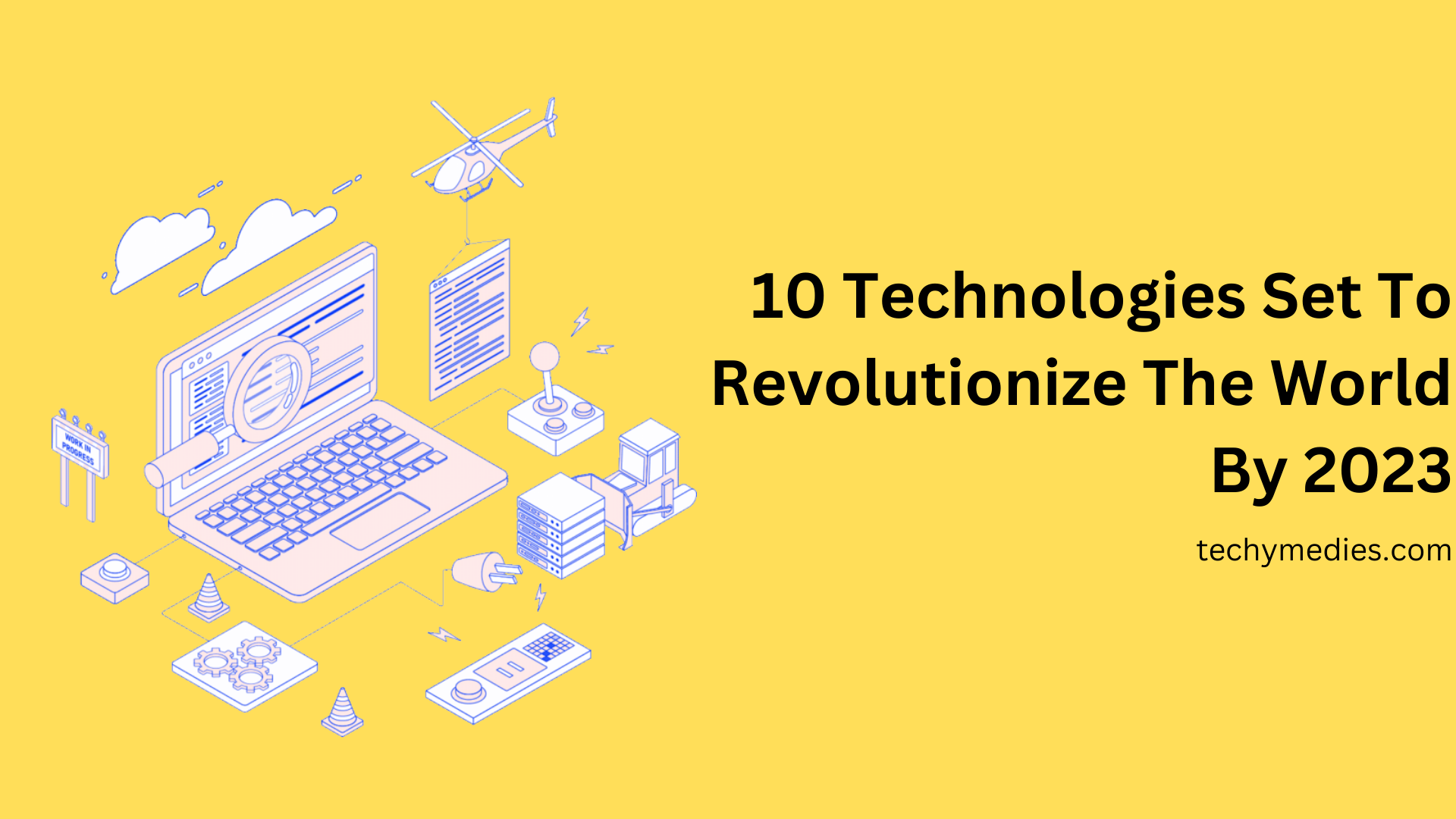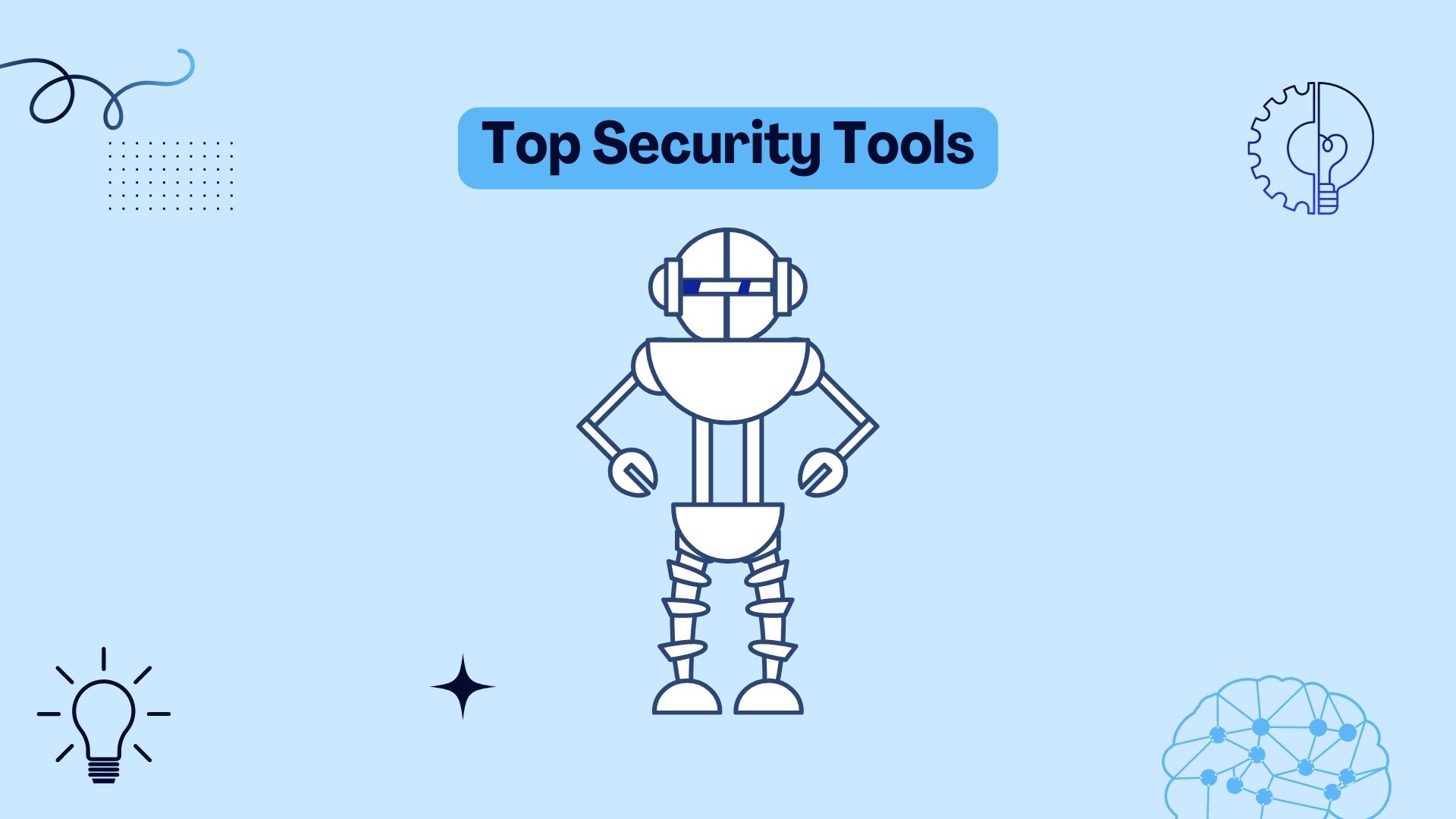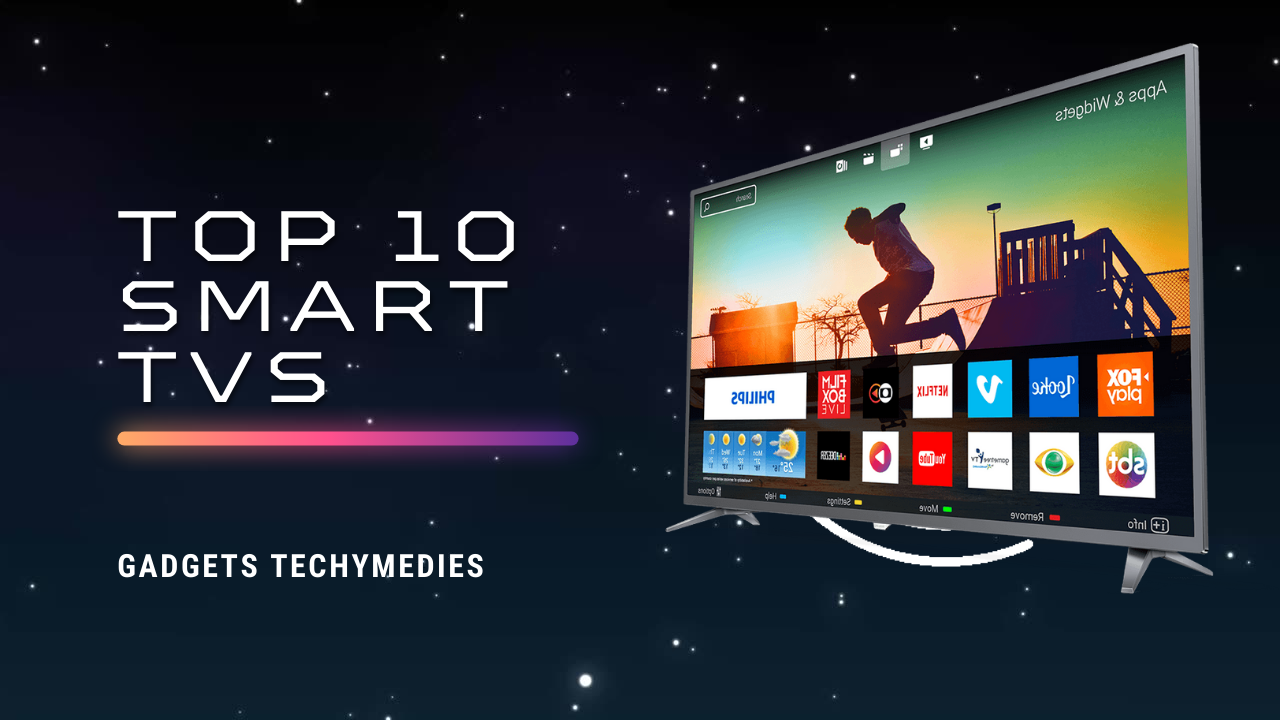As we enter a new decade, technology is rapidly evolving and transforming the way we live, work and communicate. From driverless cars to advanced healthcare technologies, there are so many exciting advancements that will revolutionize the world in just a few short years. In this article, we explore 10 of the most revolutionary technologies set to change the world by 2023.
Introduction to Future Technologies
1. Future technologies have the potential to revolutionize the world by providing new ways to solve existing problems and create new opportunities.
2. Some of the most promising future technologies include artificial intelligence, blockchain, 3D printing, and nanotechnology.
3. Each of these technologies has the potential to change the way we live, work, and interact with each other and the world around us.
4. As we continue to develop new technologies, it is important to consider how they can be used to improve our lives and make the world a better place for everyone.
Top 10 Technologies Set To Revolutionize the World By 2023
The future is always hard to predict, but there are certain technologies that have the potential to change the world as we know it. Here are 10 of the most promising: 1. Artificial intelligence (AI) 2. Virtual reality (VR) 3. Augmented reality (AR) 4. 5G wireless technology 5. The internet of things (IoT) 6. Blockchain 7. 3D printing 8. autonomous vehicles 9. drones 10. gene editing
Artificial Intelligence (AI)
1. Artificial Intelligence (AI) In recent years, artificial intelligence (AI) has made tremendous strides in becoming more sophisticated and advanced. Today, AI is being used in a variety of industries and applications, from retail and customer service to healthcare and finance. What’s more, the advancement of AI is only accelerating. In the coming years, we can expect to see even more amazing and game-changing innovations from this technology. Here are some of the ways that AI is set to revolutionize the world in the near future:
1. Smarter Home Devices One of the most obvious ways that AI will impact our lives is through the proliferation of smarter home devices. Voice-activated assistants like Amazon Alexa and Google Home are already becoming commonplace, but they are just the tip of the iceberg. In the future, your home will be able to learn your preferences and routines in order to automate tasks like turning on lights or adjusting the thermostat. You’ll also be able to use voice commands to control just about everything in your home, from cooking dinner to ordering groceries.
2. Self-Driving Cars Another area where AI is set to have a major impact is transportation. Self-driving cars are already being tested by major automakers and tech companies, and it’s only a matter of time before they become mainstream. Not only will self-driving cars make driving safer and more efficient, but they will also open up new
Quantum Computing
Quantum computing is set to revolutionize the world by providing a new level of processing power. This technology has the potential to solve problems that are currently unsolvable, and to do so much faster than current computers. Quantum computers are still in their early stages of development, but they have already shown great promise.
Autonomous Vehicles
1. Autonomous Vehicles The development of autonomous vehicles is one of the most important technological advances of our time. These vehicles have the potential to revolutionize transportation, making it safer, more efficient, and more accessible for everyone. There are many different types of autonomous vehicles being developed, from cars and trucks to buses and trains. The technology is still in its early stages, but there are already a number of companies working on bringing these vehicles to market. One of the biggest challenges facing autonomous vehicles is the legal landscape. There are many regulatory hurdles that need to be overcome before these vehicles can be deployed on public roads. But with the right regulations in place, autonomous vehicles could transform the way we get around and make our roads much safer in the process.
5G Networking
While the 5G network is still in its infancy, the G networking standard is already set to revolutionize the world. For one, it has the potential to provide speeds of up to 1 gigabit per second, which is much faster than the current 4G LTE speeds. Additionally, it has the ability to connect devices with very low latency, which means that there will be no lag time when using applications or services that require real-time responses. This will be a major boon for gaming, virtual reality, and other latency-sensitive applications. Finally, G networking is much more energy efficient than previous generations of mobile networks, meaning that it will have a smaller environmental impact.
Augmented & Virtual Reality (AR/VR)
1. Augmented & Virtual Reality (AR/VR) The development of augmented and virtual reality has been nothing short of revolutionary. These technologies have the potential to change the way we interact with the world around us on a fundamental level. Augmented reality (AR) allows users to overlay digital information onto the real world. This can be used for a variety of purposes, such as providing directions or displaying information about a nearby landmark. Virtual reality (VR), on the other hand, immerses users in a completely artificial environment. This technology is often used for gaming and entertainment applications, but it also has great potential for education and training purposes. AR and VR are still in their early stages of development, but they are already having a major impact on a number of industries. We can only imagine what sort of applications these technologies will have in the years to come.
Blockchain Technology
1. Blockchain technology The first technology that is set to revolutionize the world is blockchain. Blockchain is a distributed database that can be used to store data in a secure and transparent way. This means that it has the potential to revolutionize many industries, including the financial sector. Blockchain has already been used to create a number of innovative applications, such as Bitcoin, which is a digital currency that can be used to make payments without the need for a central bank or other intermediaries. Other applications of blockchain include smart contracts, which are contracts that can be executed automatically and securely without the need for a third party, and decentralized applications, which are apps that run on a peer-to-peer network rather than on a centralized server.
2. Artificial intelligence Another technology that is set to revolutionize the world is artificial intelligence (AI). AI is a branch of computer science that deals with creating intelligent machines that can learn and work on their own. AI has already made significant progress in recent years and is being used in a variety of fields, such as medicine, finance, and manufacturing. For instance, AI-powered chatbots are being used by businesses to provide customer support and AI-based algorithms are being used by doctors to diagnose diseases. In the future, AI will likely become even more widespread and integrated into our lives.
Robotics & Automation
1. Robotics & Automation The robotics and automation industry is on the rise, and there are plenty of technologies set to revolutionize the world by making our lives easier and improving efficiency. Here are just a few of the most promising advancements in this field:
1. Self-driving vehicles: These are already being tested by major companies like Google and Tesla, and they hold great potential for reducing traffic accidents, increasing efficiency, and freeing up people’s time.
2. Drones: Drones are becoming increasingly popular for both personal and commercial use, and they’re only going to become more prevalent in the years to come. Their potential uses are virtually limitless, from delivering packages to taking aerial photos and videos.
3. 3D printing: This technology is still in its infancy, but it has the potential to change manufacturing as we know it. Imagine being able to print anything you need right from your own home!
4. Virtual reality: VR is another technology that is just beginning to be explored, but it shows a lot of promise for immersive gaming, education, training simulations, and more.
3D Printing
3D printing is a process of making three-dimensional solid objects from a digital file. The creation of a 3D printed object is achieved using additive processes, where successive layers of material are laid down in different shapes. 3D printing is the opposite of subtractive manufacturing, which involves removing material from a piece of work to create an object. 3D printing began in the 1980s and has since been used in many industries, including healthcare, aerospace, automotive, and consumer goods. The technology has come a long way since its inception and is now able to create complex objects with high precision. There are multiple types of 3D printing technology, each with its own set of benefits and limitations. The most common type of 3D printer is the fused deposition modeling (FDM) printer, which uses filaments of plastic or metal that are melted and deposited layer by layer to create an object. Other types of 3D printers include stereolithography (SLA) printers, which use light-sensitive resin that is cured layer by layer; selective laser sintering (SLS) printers, which use lasers to fuse together small particles of metal or plastic; and direct metal laser sintering (DMLS) printers, which use lasers to fuse together small particles of metal. Despite the different types of 3D printing technology available, the basics principles remain the same: a digital model is created using CAD software; this model is then sliced into thin
Internet of Things (IoT)
1. The Internet of Things: The internet of things, or IoT, is a system of interconnected devices and sensors that can collect and share data. IoT devices can range from simple fitness trackers to complex industrial machines. By 2020, it is estimated that there will be 34 billion IoT devices in use worldwide. IoT has the potential to revolutionize the way we live and work. For example, imagine a city where all the traffic lights are connected and can communicate with each other to optimize traffic flow. Or a hospital where patient data is collected and monitored in real-time to help prevent health crises. IoT technology is still in its infancy, but its potential is vast. As more and more devices become connected, we will only begin to scratch the surface of what’s possible.
Conclusion
Technology is rapidly evolving and advancing, with new technologies being introduced every day. The 10 technologies set to revolutionize the world by 2023 are all incredibly exciting, from artificial intelligence and virtual reality to blockchain technology and autonomous vehicles. These advancements will no doubt make life easier for many people, as well as offer exciting possibilities for businesses around the world. We look forward to seeing how these technologies evolve over the next few years so that we can take advantage of their potential benefits in our lives.








